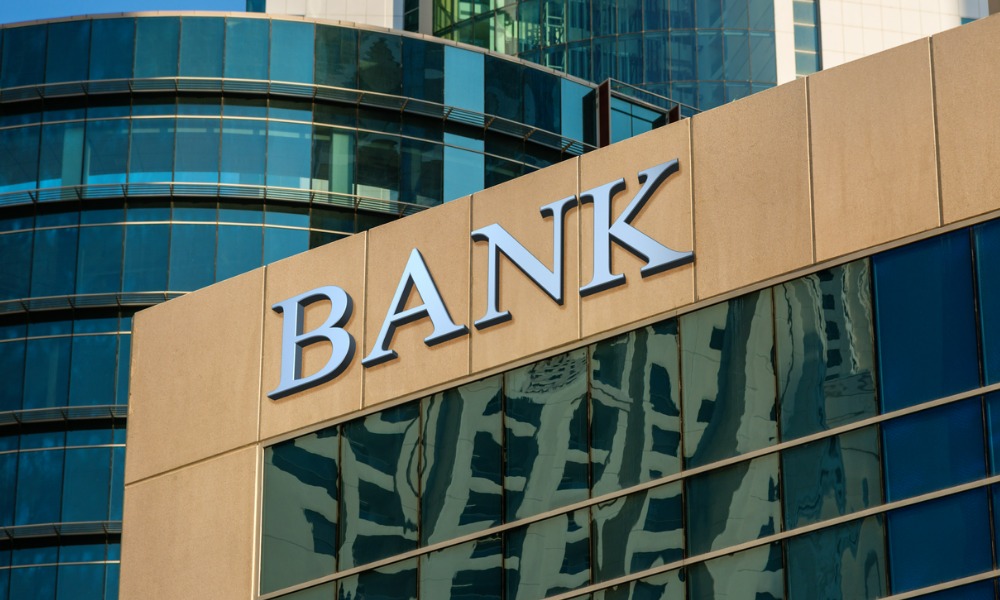The offer could be a loss leader for the bank, he says

TSB is offering a “market-beating” home loan rate, which one broker said could be a “loss leader” for the bank. He also warned borrowers to think carefully about fixing for a year.
TSB announced that it would offer a one-year fixed rate of 4.69% until the end of the month – a rate the smaller bank said would beat any offer advertised by ANZ, ASB, BNZ, or Westpac by 10 basis points.
Read more: Housing market turnaround unlikely before mid-2023 – Infometrics
The big four are currently offering one-year rates of 5.15%.
Mortgage broker Bruce Patten said most banks currently require customers to refix their loans online, rather than with staff, making it harder to negotiate, Stuff reported.
Patten said the TSB offer was probably a loss leader for the bank but advised customers to consider what home loan rates could be on offer in a year if they were to grab the deal.
“If rates keep going up, we could end up with more rate hikes,” he told the news agency.
That could mean coming to the end of the term at a time when rates were peaking, Patten said.
Read next: "Desperate for some oxygen" – QV on NZ housing market
Last week, ASB revised its forecast for the OCR, following the higher-than-expected economic growth in the June quarter.
ASB economists now expect the OCR, which currently sits at 3%, to peak at 4.25%, compared to the 4% they had forecast previously.
Chris Tennent-Brown, ASB senior economist, said it was an “interesting time” for interest rates.
“The lower wholesale rates we saw in July – and some of the associated reductions in mortgage rates over the past couple of months – have been helpful for borrowers,” Tennent-Brown said. “I don’t know how long it will last – I think the pressure will be up on the shorter terms in particular over the coming months as the Reserve Bank hikes again, but also the longer terms if we see more upward pressure on longer-term wholesale funding costs.”
He earlier said that fixing for 12 months could see the borrower coming up to refix at nearly the highest point of the market cycle.
“A one-year rate may well mean you’re rolling into higher rates in 2023,” Tennent-Brown told Stuff. “A two-year rate might mean you are rolling off into a similar or slightly more comfortable interest rate environment.”



